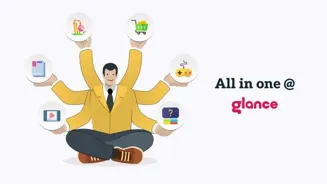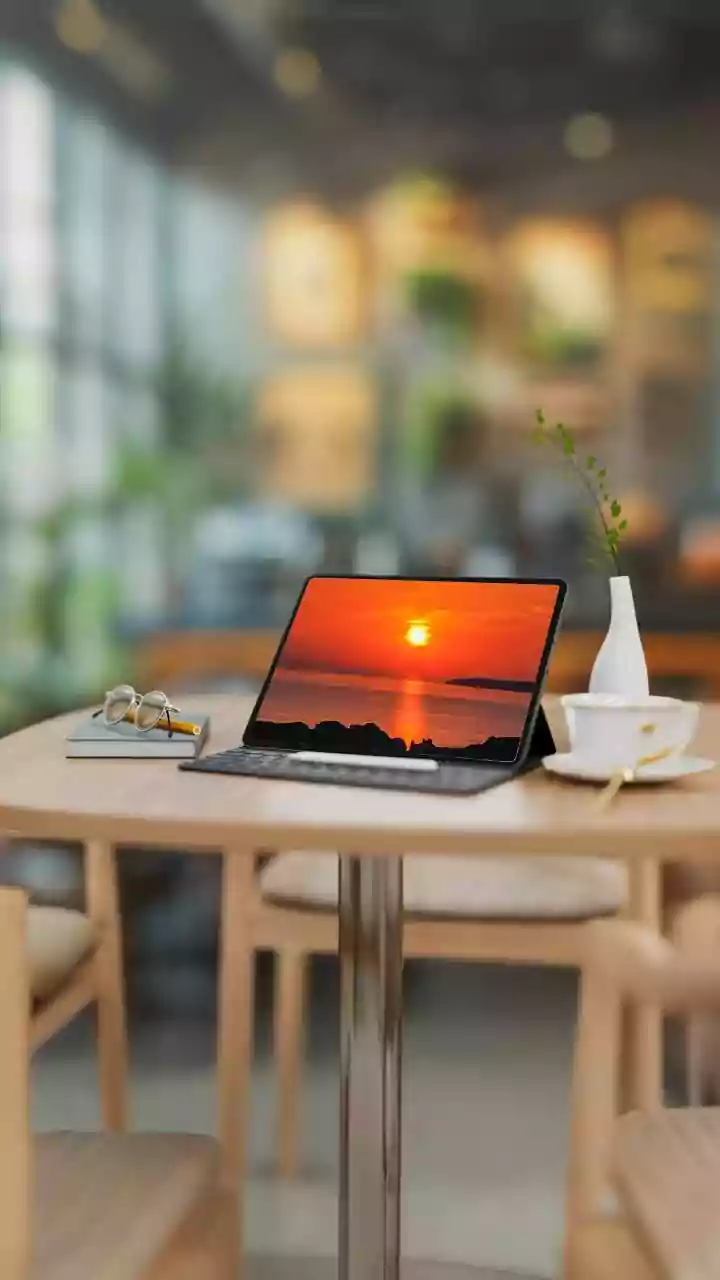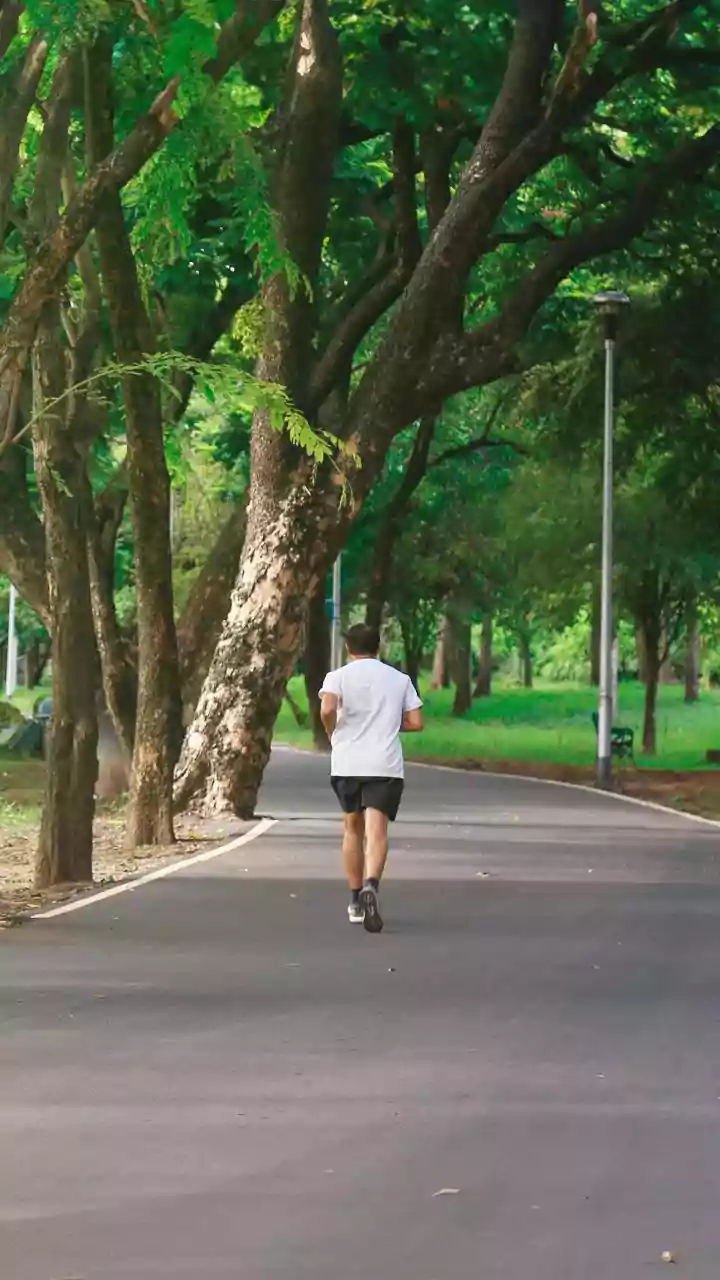Uncover the truth behind productivity myths holding you back. Learn to optimize your focus, time, and energy effectively. Read more
In today's fast-paced world, everyone wants to be more productive. We're
constantly bombarded with tips and tricks to squeeze more out of our day. But what if some of the most common productivity advice is actually holding us back? Let's bust some myths and unlock your true potential, bhai!
Multitasking is inefficient - focus on one task at a time for better results
Arey yaar, multitasking is like trying to ride two bikes at once – you end up wobbling and not going anywhere fast! Science shows that our brains aren't really designed to do multiple things simultaneously.
Instead, we quickly switch our attention between tasks, which leads to reduced focus, increased errors, and ultimately, wasted time. When we're constantly switching tasks, it actually takes longer to complete everything than if we focused on one thing at a time.
Plus, this constant switching can be taxing on the brain and increase stress levels. Think of it like this: if you're trying to cook while also answering emails and taking phone calls, you're more likely to burn the food, send a typo-filled email, and mishear important information.
Instead, allocate specific blocks of time for different tasks and focus solely on that task during that time.
Time blocking" enhances focus and productivity by dedicating specific time blocks to tasks
So what works? Try "time blocking." Schedule specific blocks of time for specific tasks and stick to it. When you're dedicated to a single task, you can devote all your attention and energy to it, leading to faster and better results. Focus on one task until completion, then move to the next.
This approach, sometimes called "mono-tasking," leads to better quality work and reduces the mental fatigue associated with multitasking. Train yourself to resist distractions. Turn off notifications, close unnecessary tabs, and let colleagues know you need uninterrupted time.
This dedicated focus will drastically improve your efficiency. Remember, doing one thing well is always better than doing many things poorly. Your brain will thank you for it, and your output will be much better.
Working long hours leads to burnout; rest is crucial for peak performance
Working long hours isn't always the key to productivity, boss. In fact, it can lead to burnout, exhaustion, and decreased performance in the long run. Eventually, your body will start breaking down and your mind will not be able to focus.
Studies have shown that beyond a certain point (usually around 40-50 hours per week), the returns on each extra hour diminish significantly. It's far more effective to work smarter, not harder.
When you're overworked, your cognitive functions suffer – you're less creative, less able to problem-solve, and more prone to making mistakes. Getting enough rest and taking breaks are essential for maintaining peak performance.
When we are rested, our minds are refreshed and able to better adapt to the problems we face.
Regular breaks enhance performance and well-being, prioritize quality over quantity
Look at it like this: imagine exercising for hours without any breaks or rest. Your muscles will get tired and sore, and you won't be able to perform at your best. The same goes for your brain. Regular breaks – even short ones – can help you recharge and refocus.
These breaks not only enhance your immediate performance but also contribute to long-term well-being, preventing burnout and fostering a sustainable work ethic. So, prioritize quality over quantity.
Instead of pushing yourself to work longer hours, focus on optimizing your time and maximizing your output during your working hours. Taking time off actually will make you more productive when you returned from taking time off.
Remember to prioritize rest and balance for sustained productivity
It's important to remember that even machines need to be turned off sometimes. Consider the work and life balance where you prioritize your free time, rest and family. This will help you become more effective in the long run when you take time off.
Your mind and body need time to recover and recharge to perform at their best. Trying to be constantly "on" will only lead to exhaustion, stress, and decreased productivity.
Build moments where you can step back, relax, and disconnect from the relentless demands of work that have become prevalent in today's world. Remember, taking care of your mental and physical health isn't a luxury; it's a necessity for sustained productivity and overall well-being.
Prioritize self-care for better productivity and wellbeing
Schedule regular breaks throughout the day to stretch, walk around, or simply close your eyes and breathe deeply. Aim for a balanced diet, exercise regularly, and ensure you get enough sleep.
These habits will not only improve your physical health but also boost your energy levels and cognitive function. Make time for hobbies and activities you enjoy – it's a great way to de-stress and recharge your batteries.
Ultimately, recognizing your limits and prioritizing self-care will enhance your overall productivity and lead to a more fulfilling life. Think about it this way: a well-maintained car runs better and lasts longer than one that's constantly driven hard without any maintenance.
Saying "yes" to everything leads to burnout; learn to say "no" to focus on key tasks
Boss, saying "yes" to every request that comes your way might seem like a good way to impress others, but it can quickly lead to overwhelm and burnout. Learning to say "no" is crucial for protecting your time and energy.
When you say "yes" to everything, you spread yourself too thin and diluting your attention from more important tasks. This can not only reduce the quality of your work but also increase overall stress and decreased your dedication.
It's far better to focus on a smaller number of key priorities and excel at them than to try to do everything and end up doing nothing well. Be careful not to take up more responsibilities than you can handle.
It's better to politely decline tasks you can't realistically complete which allows you to focus and give your full attention to the things you are able to accommodate.
Evaluate requests; align with goals, set boundaries. Decline if necessary. Prioritize time
Start by evaluating each new request carefully. Ask yourself: "Is this task aligned with my goals and priorities? Do I have the time and resources to complete it effectively? What will I have to sacrifice to take on this additional responsibility?
" If the answer to any of these questions is "no," it's okay to politely decline. When saying "no," be assertive and professional. Explain your reasons for declining and, if possible, offer an alternative solution.
Learning to set boundaries is essential for creating a sustainable and productive work life. Saying 'yes' to the right things, and 'no to the wrong things is one of the biggest components of success. Your time is valuable; treat it that way.
Procrastination can be beneficial for productivity and creativity
Procrastination is often seen as a productivity killer, but it's not always a bad thing, dost. Sometimes, putting off a task can actually be beneficial.

Strategic procrastination – deliberately delaying a task to gather more information, refine your strategy, or simply allow your brain to come up with fresher ideas – can be a powerful productivity tool.
Think of it as letting the food marinate before you cook it – sometimes, you need that extra time for everything to come tougher. When you're facing challenges, waiting could be the key to a greater result. Procrastination helps you see the bigger picture and helps you come with better conclusions.
Sometimes, stepping away from a problem allows you to gain fresh perspective and can help you come up with more creative and effective solutions.
Distinguish strategic procrastination from avoidance for productivity
However, it's important to distinguish between strategic procrastination and plain old avoidance. If you're putting off a task simply because you don't want to do it, you're unlikely to find yourself being productive by avoiding it.
The key is to be mindful and intentional about your procrastination and always ensuring that you're delaying a task for a genuine benefit. If you find yourself procrastinating because you're overwhelmed or unmotivated, try breaking the task down into smaller, more manageable steps.
This can make it feel less daunting and encourage you to get started. Remember, procrastination can be a tool for creativity and insight, but it's important to use it wisely. A good approach is to identify which tasks you avoid and tackle the smallest ones first, to gain momentum and confidence.
Personalized productivity strategies are key to success
Every person is different, so there's no single productivity strategy that works for everyone. What works for your friend might not work for you, and that's perfectly fine. Some people thrive on strict schedules and detailed to-do lists, while others prefer a more flexible and intuitive approach.
The key to unlocking your maximum productivity lies in identifying what works best for you. Finding the right tools and approach is key. What works for one person may not work for all but once you find the right tools and the right approach you must continue to use them.
Experiment with productivity techniques to find what suits you best
Experiment with different productivity techniques and tools until you find a combination that suits your personality, work style, and goals. Perhaps you are most productive in the morning, while another person works best in the afternoon or evening.
Some individuals might find that breaking down their time into small segments and taking regular breaks enhances concentration and productivity (using a system such as the Pomodoro technique), while others favour longer periods of uninterrupted work.
The essential element is to remain open to trying new methods and to make frequent adjustments based on the results you observe. The goal should be to create an individualized system that aligns with your natural tendencies and propels you toward consistently achieving top performance.
Learn which methods provide you with the best productivity.
Tech boosts productivity but not a silver bullet; use strategically
While technology can be a great tool for boosting productivity, it's not a silver bullet, bhai. Simply using more apps or gadgets won't automatically make you more efficient. In fact, it can sometimes be counterproductive, leading to distractions and information overload.
Consider this, are you constantly being distracted by your phone? It is a great tool, but it can also impact your productivity. Technology must be used strategically.
Evaluate needs, set boundaries, use tech wisely for productivity
Instead of blindly adopting every new app or gadget that comes out, evaluate your needs and choose tools that genuinely solve problems and improve your workflow. Be mindful of distractions and set boundaries to avoid getting sucked into social media or other time-wasting activities.
Use technology to automate repetitive tasks, streamline communication, and organize information, but don't let it control your life. At the end of the day, productivity is more about your mindset and habits than the tools you use. Remember, technology should serve you, not the other way around.
It's important to set time limits to use your mobile, desktop and other gadgets that may distract you. Use apps to track your productivity, but make sure you are not on the device too long.
AI Generated Content. Glance/InMobi shall have no liability for the content


















